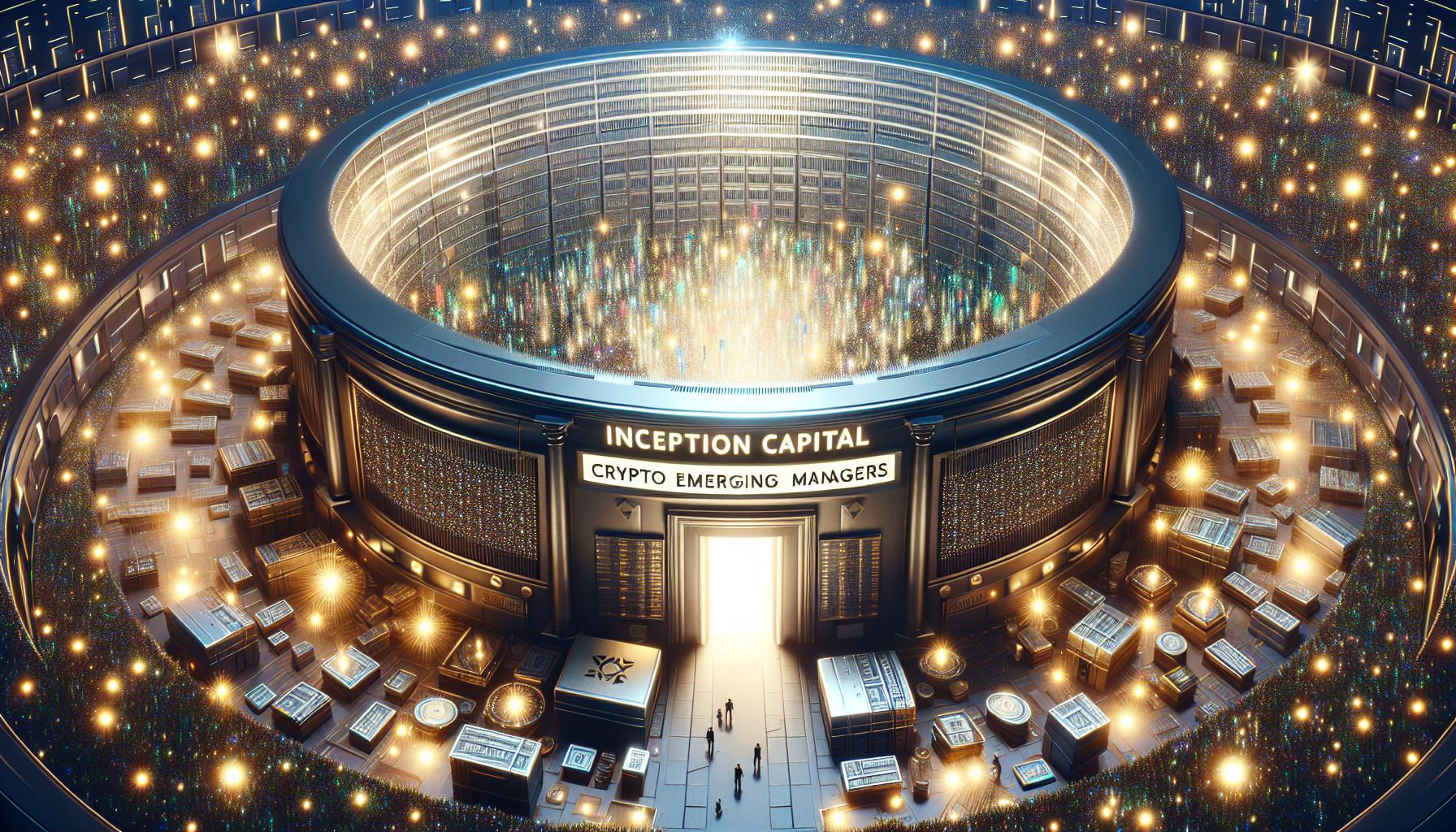The Implications of Artificial Intelligence in Education
Artificial intelligence (AI) has become a hot topic in recent years, with its potential applications in various fields being explored and developed. One such area where AI can have a significant impact is education. With the advancements in technology and the growing need for personalized learning experiences, AI has the potential to revolutionize the way we educate students. By leveraging AI, educators can create intelligent systems that adapt to individual student needs, provide real-time feedback, and facilitate personalized learning experiences. This has the potential to significantly improve student engagement, retention, and academic performance.
Overcoming Artificial Stupidity: My Journey through Education
As a former student, I often wondered why I struggled with certain subjects in school. Looking back, I now realize that I had what could be called “artificial stupidity.” In my early years, I struggled with reading and math, often feeling like I was lagging behind my peers. Little did I know at the time that my age played a significant role in my academic performance. Starting kindergarten at the age of four, while most of my classmates were five or nearly six, put me at a disadvantage. I believed that I was not as intelligent as my peers, when in reality, my intelligence was just developing at a different pace.
From “Bambi” to “War and Peace”: How I Learned to Read
It was through a serendipitous encounter with the movie “Bambi” that I discovered my ability to read. After watching the film, I stumbled upon the “Bambi” comic book and realized that I could understand the words in the clouds above the characters’ heads. This realization opened up a whole new world for me and sparked a love for reading. While I may not have been ready for complex literary works like “War and Peace,” this newfound ability to read transformed my life and paved the way for my academic success.
Navigating Geometry and World History with Artificial Intelligence
As I progressed through my education, I encountered new challenges in subjects like geometry and world history. My artificial intelligence, or rather lack thereof, often made it difficult for me to grasp complex concepts. Geometry, with its abstract shapes and theorems, seemed like a foreign language. However, I managed to find humor in the subject, thanks to my teacher’s witty remarks. Similarly, my knowledge of world history was hindered by my artificial intelligence, as I often struggled to stay awake during lectures. My humorous response to a question about Alexander the Great’s horse only further highlighted my lack of depth in the subject.
The Enlightening Power of Economic Thought in Education
Despite my struggles, there were subjects that captivated my interest and helped me develop a deeper understanding of the world around me. One such subject was economic thought. Learning about the factors of production – land, labor, capital, and entrepreneur – opened my eyes to the fundamental principles of economics. While I initially struggled to grasp these concepts, I found a creative way to remember them by adapting a popular song of the time. This experience taught me the importance of finding innovative ways to comprehend complex ideas and made me appreciate the enlightening power of education.
As we enter a new year, it is important to reflect on our past experiences and the role education has played in shaping our lives. While AI offers exciting possibilities for the future of education, it is essential to remember the human element and the power of personal experiences in learning. My journey through education, filled with moments of artificial intelligence and occasional stupidity, highlights the importance of perseverance, creativity, and a willingness to adapt. It is through these experiences that we not only gain knowledge but also develop the critical thinking skills necessary to navigate the complexities of life.
Analyst comment
Positive news. The implications of AI in education have the potential to revolutionize the way we educate students, improve engagement and academic performance. The market for AI in education is expected to grow as more educators adopt intelligent systems for personalized learning experiences.













